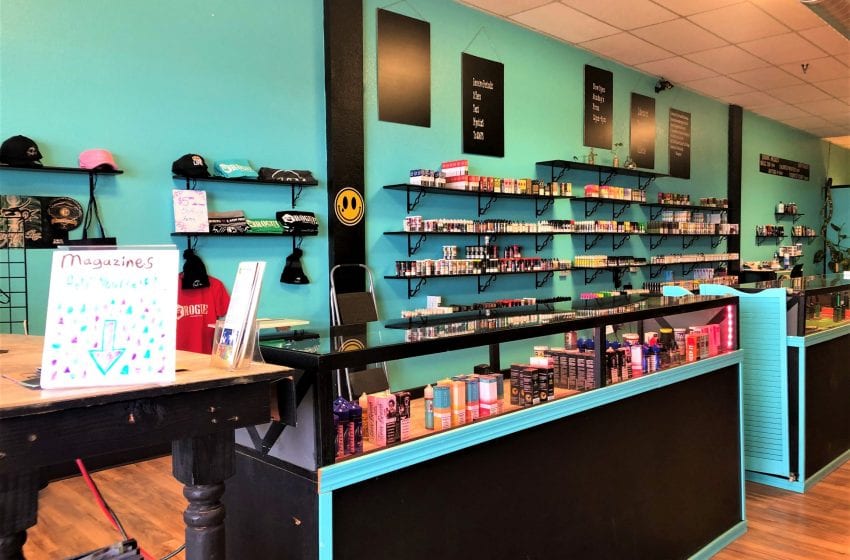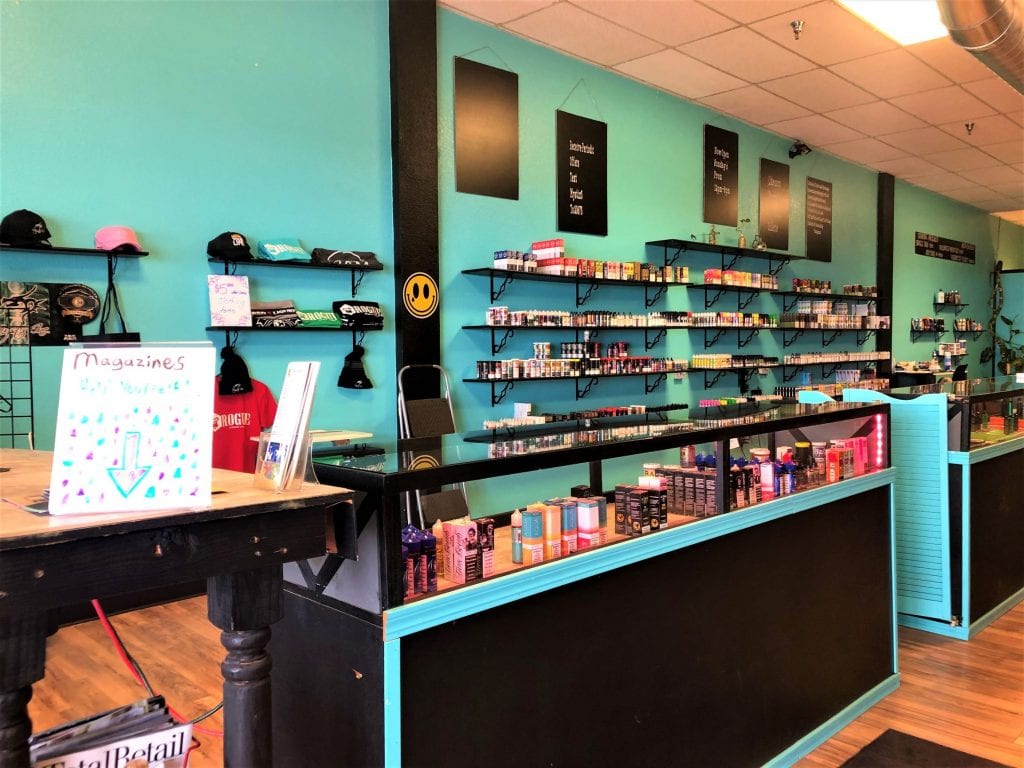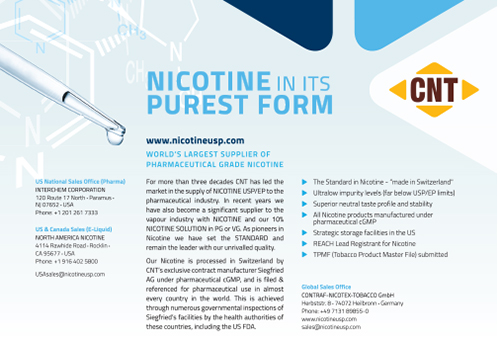By Dimitris Agrafiotis
The COVID-19 pandemic has changed the conventional wisdom about many things, and upended the world and our economy in ways we could not have imagined in January. The proliferation of misleading, conflicting and sometimes outright false information, coupled with the constantly changing norms brought on by the pandemic, have hit business owners particularly hard.

The Tennessee Smoke Free Association is an advocacy group and trade organization with a focus on tobacco harm reduction through the use of personal vaporizers (electronic cigarettes) and other smokeless tobacco products shown to reduce the morbidity and mortality associated with smoking. While our primary focus is the prevention of tobacco harm, we are also a group of small business owners trying to stay afloat in these uncertain times.
In the summer and fall of 2019, mysterious lung injuries were making headlines in the United States. By October, the Centers for Disease Control and Prevention had taken notice and given it a name: EVALI, which stands for e-cigarette, or vaping, product use-associated lung injury. They began issuing warnings about vaping devices, and guidelines were issued on treating it. And then, in early November 2019, the CDC reversed course and issued a report naming the actual culprit as tainted vitamin E acetate cartridges in illicit marijuana vaporizers — not the vaporizers themselves.
However, the damage to our industry was already done, and stigma of the original incorrect conclusions persists. Standard vaporizers contain varying levels of nicotine (which can be controlled by the user) but don’t have many of the harmful carcinogens found in cigarettes. We are still fighting the battle of misinformation and working to get our message out that e-cigarettes and vape devices can be used by adults addicted to cigarettes in a responsible way that improves their health.
And then, in the wake of the confusion and misinformation surrounding EVALI, the pandemic hit. Cities and counties began shutting the economy down, separating businesses into categories of “essential” and “non-essential.” In many places, vape shops were designated non-essential and forced to close, while gas stations, grocery stores and convenience stores — all of which sell cigarettes — were permitted to stay open.
We were able to advocate for ourselves, and many cities and counties reversed course and allowed us to reopen with curbside services, which almost all of our members did, following strict safety protocols. We continue to be grateful to the elected officials who responded to our hardship and worked with us so we could operate in a responsible manner.
Prior to discovering vaping, I was a longtime heavy smoker with a family history of poor health and even death because of smoking cigarettes. I feel that e-cigarettes saved my life, and many members of the TSFA have had similar experiences. We are knowledgeable and honest about our products and are small-businesses owners who contribute to our communities.
However, as small-business owners, though, we are still struggling with the aftereffects of the EVALI fallout, which were compounded by the pandemic. At the Tennessee Smoke Free Association, we will continue our work to put out critical scientific information and bust myths surrounding the use of e-cigarettes.
Dimitris Agrafiotis is the executive director of the Tennessee Smoke Free Association. This article first appeared on Knoxnews.com.





